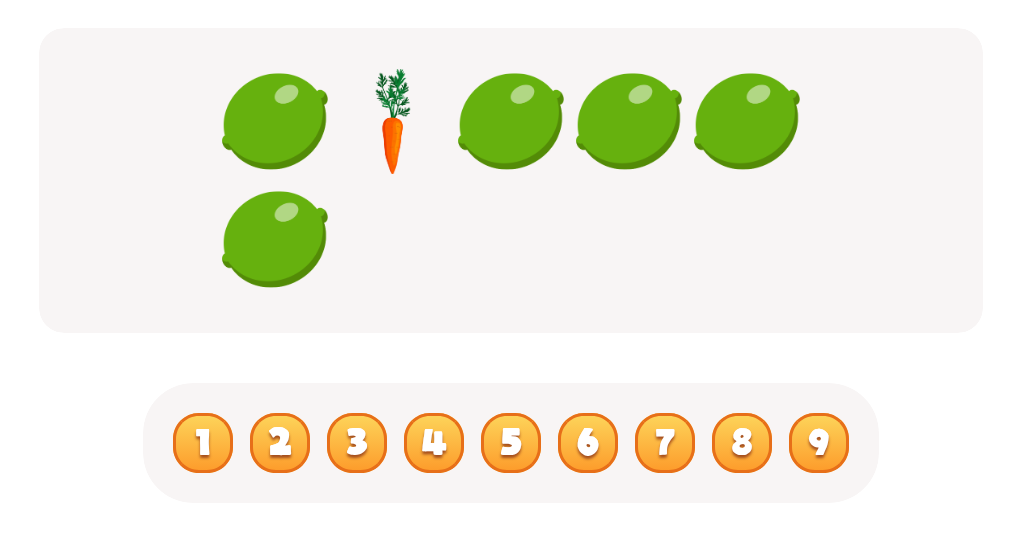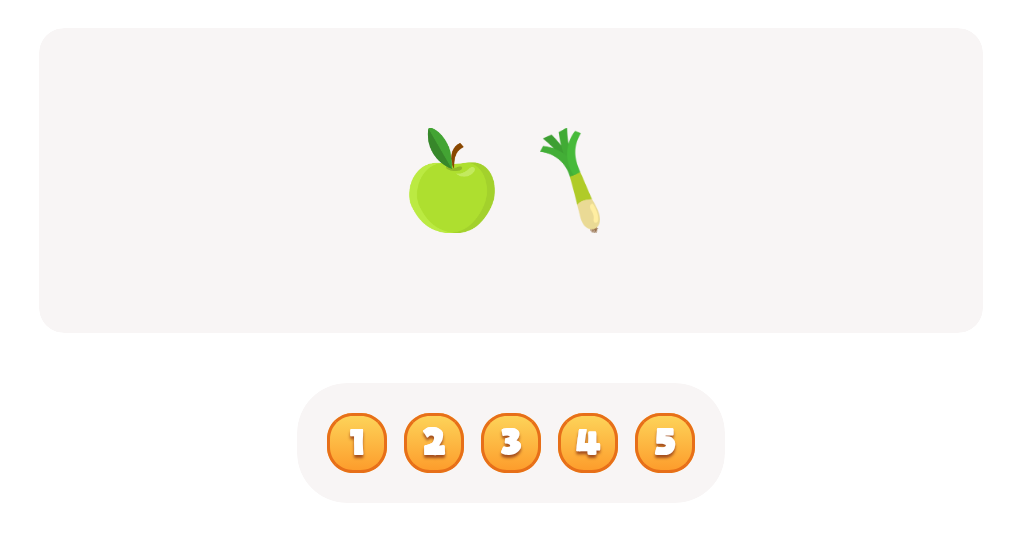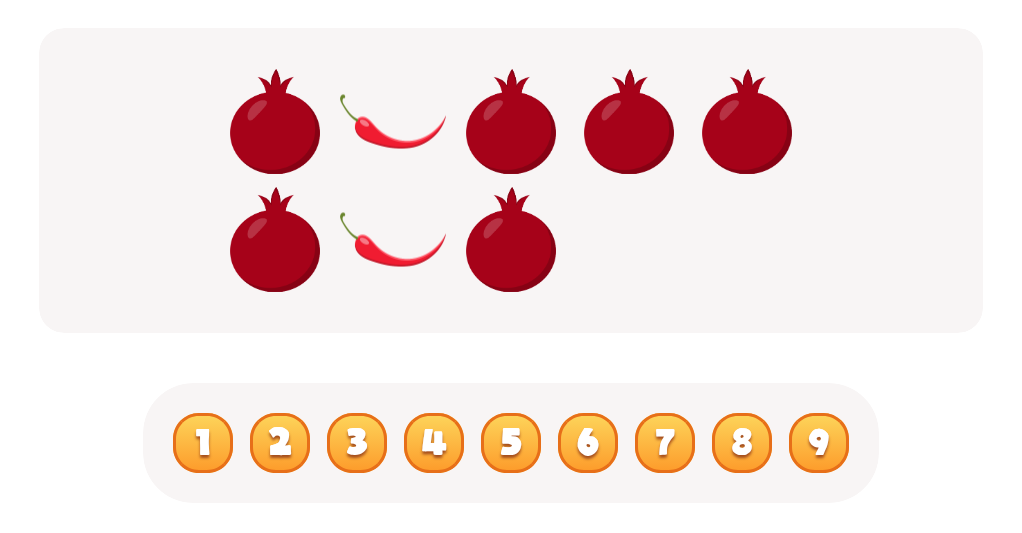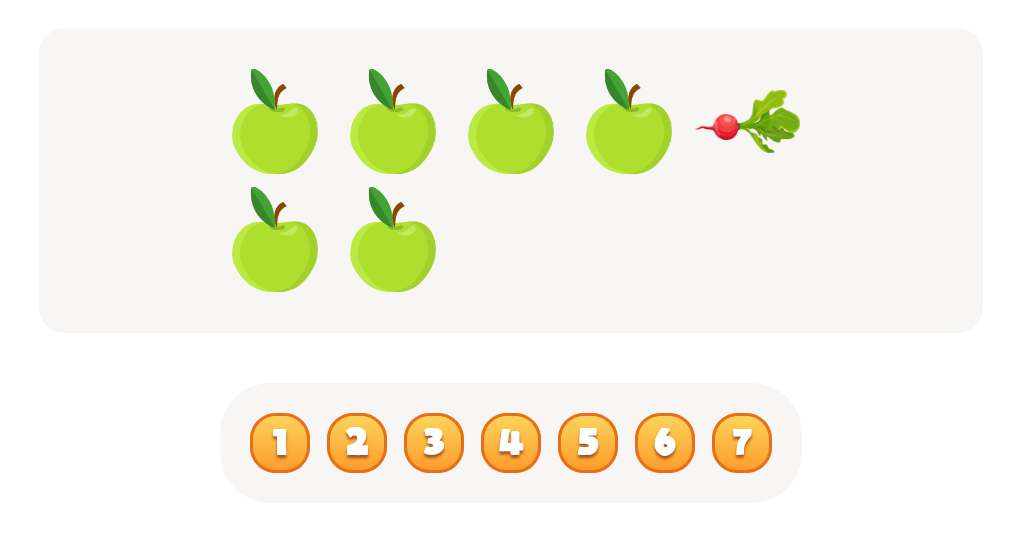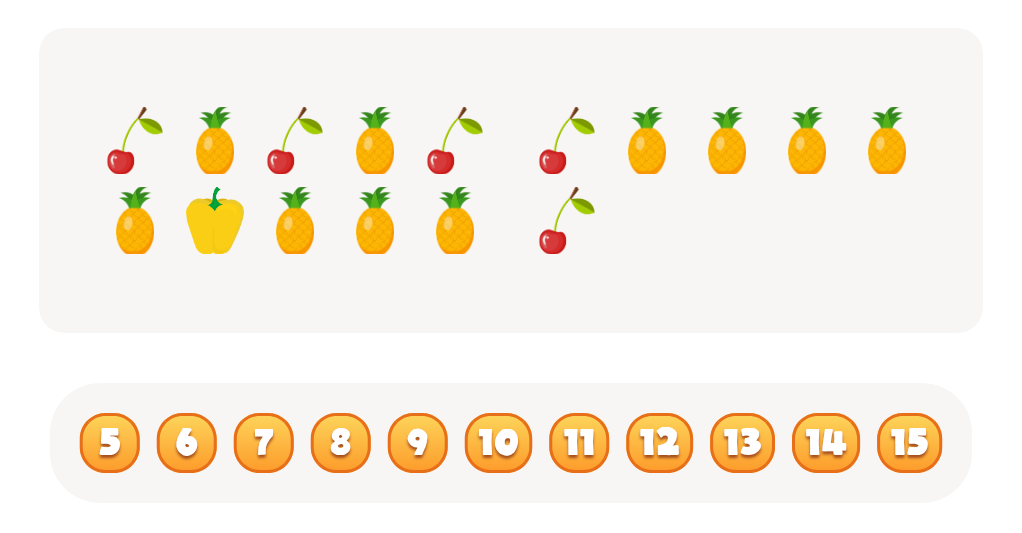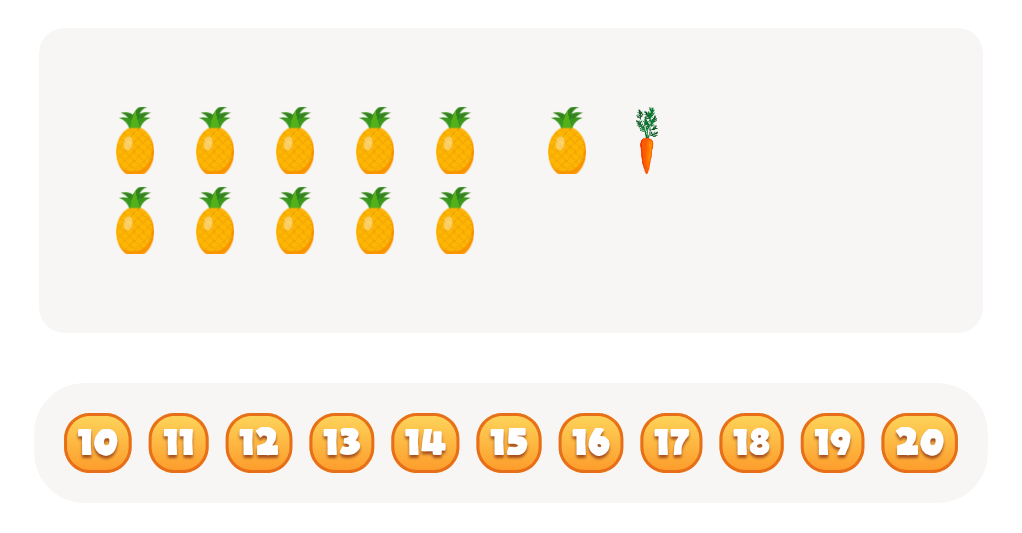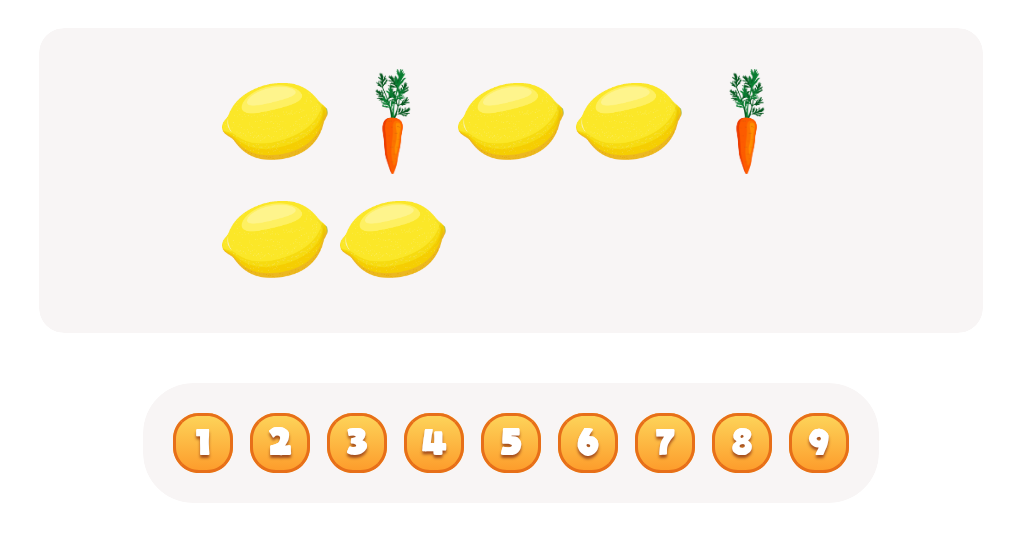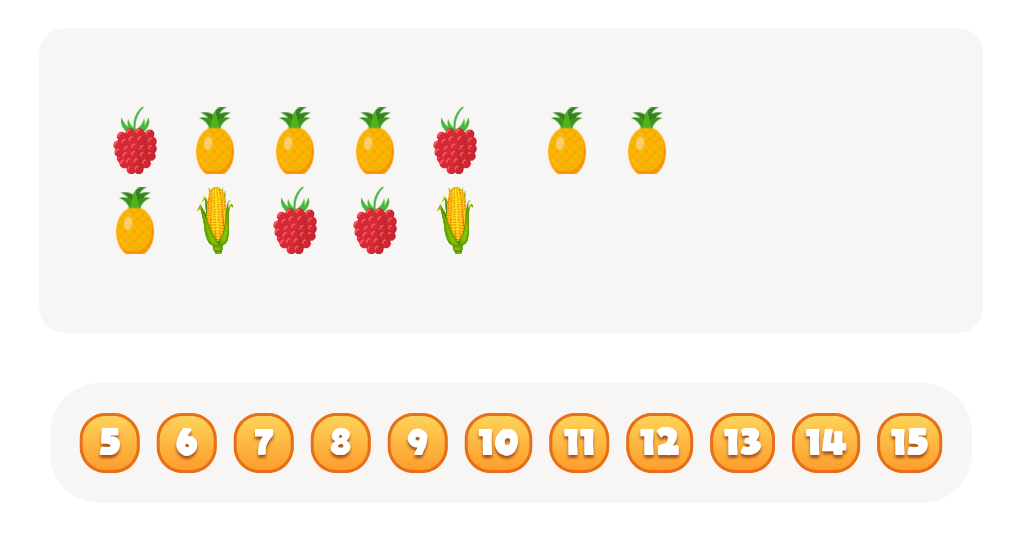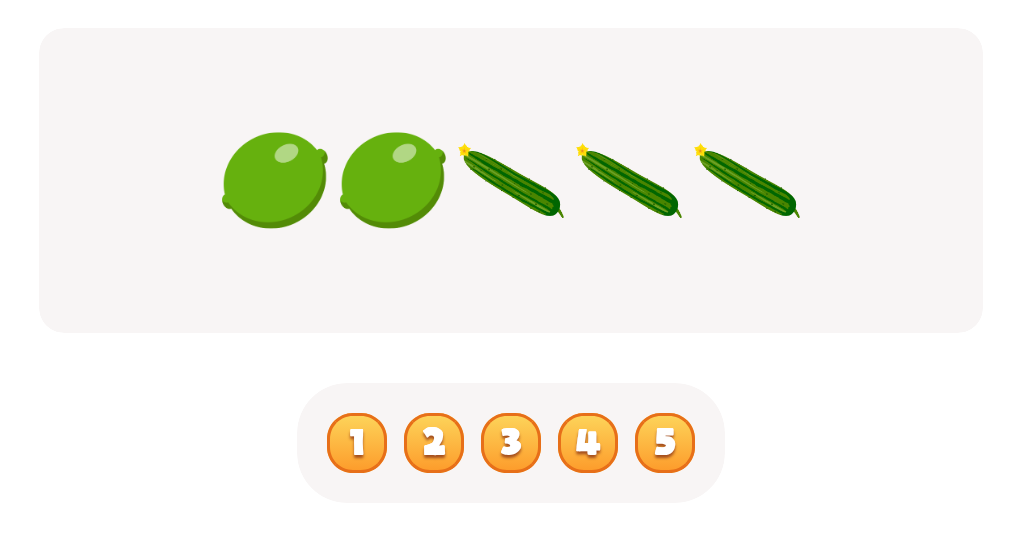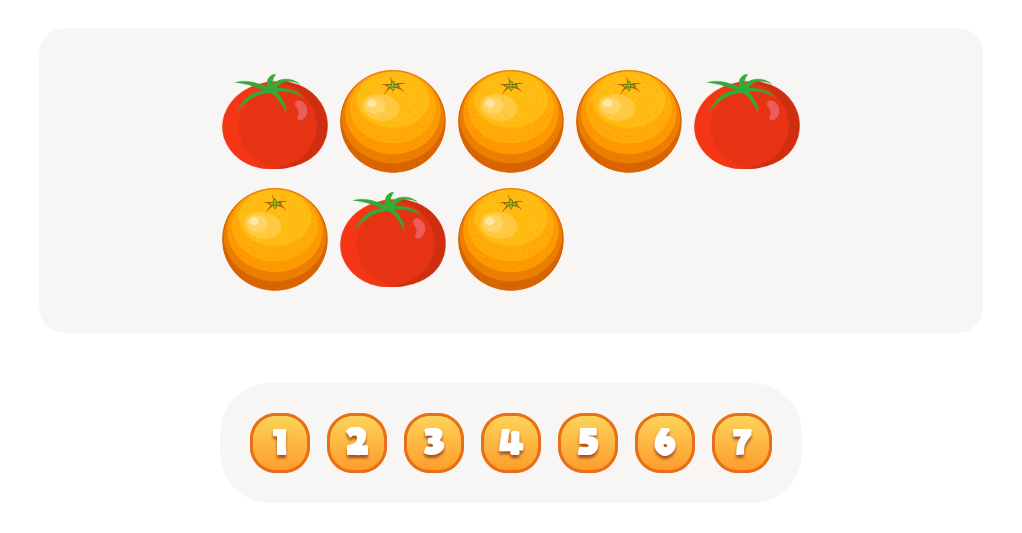Enhancing observation skills Plants and Animals Worksheets for Ages 4-7
4 filtered results
-
From - To
Enhance your child's observation skills with our engaging Plants and Animals Worksheets designed for ages 4-7. Our curated collection of worksheets encourages young learners to explore the fascinating world of plants and animals through fun, interactive activities. Perfect for early grade students, these worksheets help kids develop critical thinking and attention to detail while discovering the wonders of nature. From identifying plant parts to recognizing different animal species, our exercises foster curiosity and a love for science. Boost your child's learning experience with our expertly crafted resources – a perfect blend of education and excitement.


Pollinator Positions Worksheet
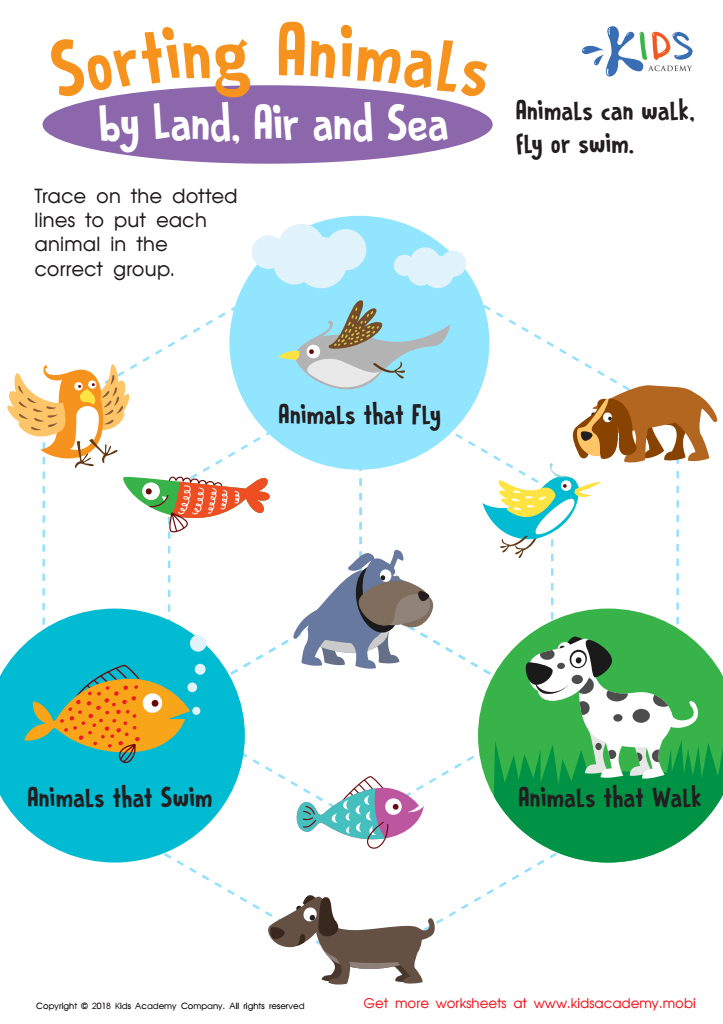

Sorting Animals by Land, Air and Sea Worksheet
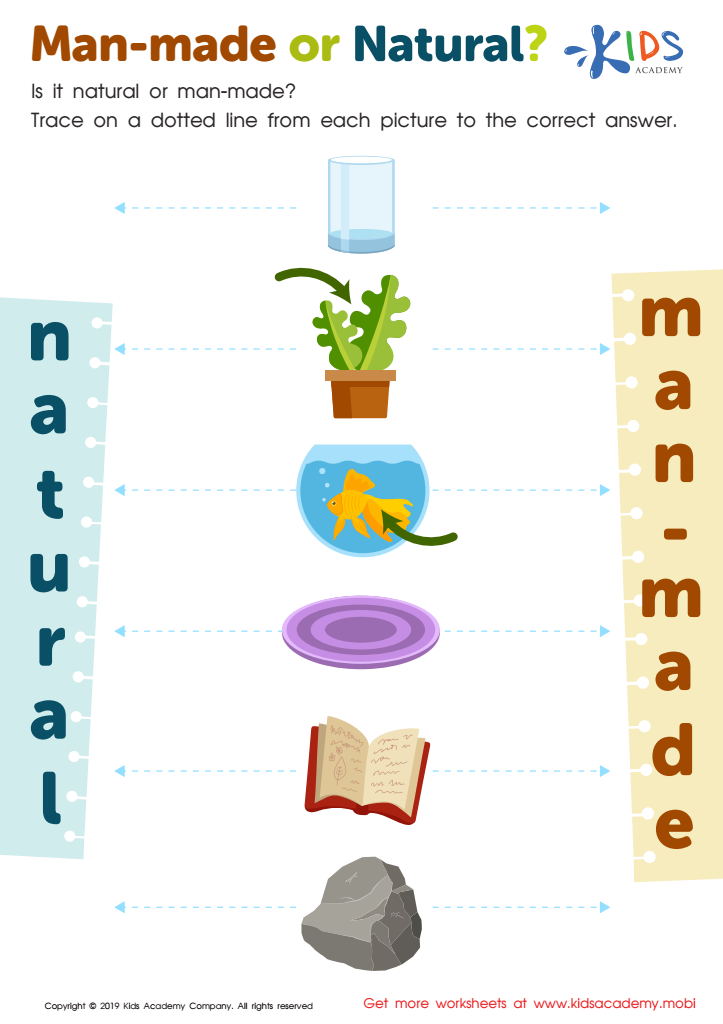

Man-Made or Natural? Worksheet
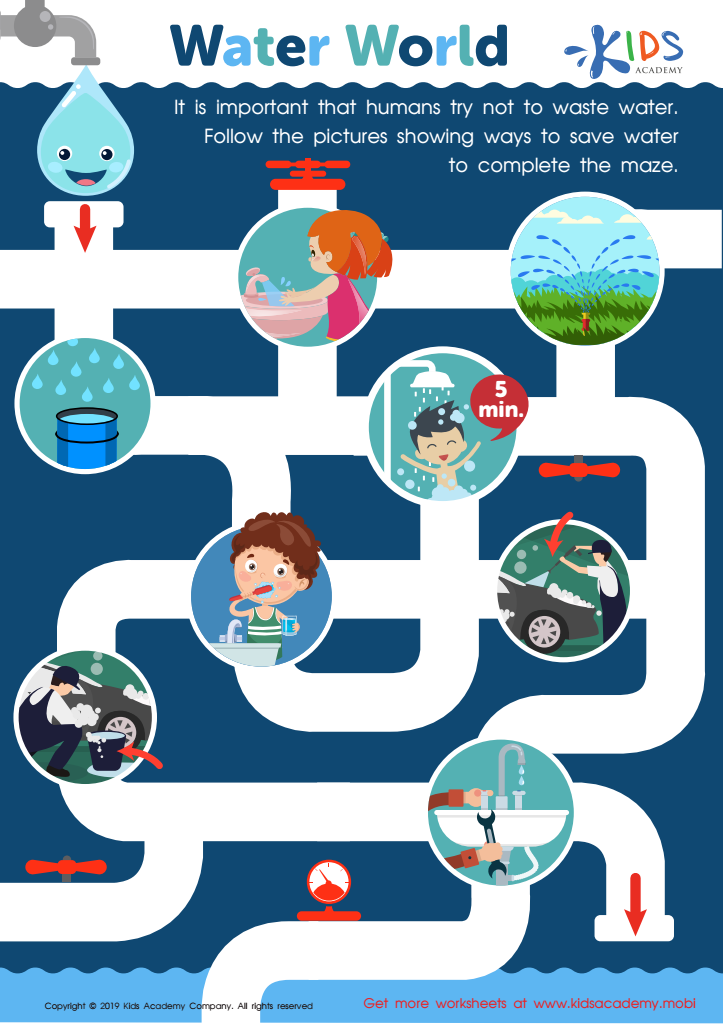

Water World Worksheet
Parents and teachers play a crucial role in nurturing the developmental phase of children aged 4-7. Enhancing observation skills regarding plants and animals at this age is particularly beneficial for several reasons. First, it fosters a sense of curiosity and wonder about the natural world, igniting a lifelong passion for learning. Kids naturally love to explore, and teaching them to observe helps channel that instinct creatively and educationally.
Secondly, improving observation skills helps develop cognitive abilities. By noting the differences and similarities between various plants and animals, children enhance their attention to detail, memory, and critical thinking. This active engagement lays a foundation for scientific understanding and reasoning, essential skills in any discipline.
Thirdly, learning to observe nature enhances language development and communication skills. Describing what they see, asking questions, and discussing observations with peers or adults expands vocabulary and improves articulation. It also promotes social interaction and collaborative learning, which are vital life skills.
Furthermore, exposure to nature and its many forms teaches empathy and environmental stewardship. Understanding that plants and animals have unique needs fosters a sense of responsibility and care for living things.
In summary, focusing on observing nature not only sharpens kids' cognitive, language, and social skills but also instills wonderful values of curiosity, empathy, and environmental responsibility.

 Assign to My Students
Assign to My Students
